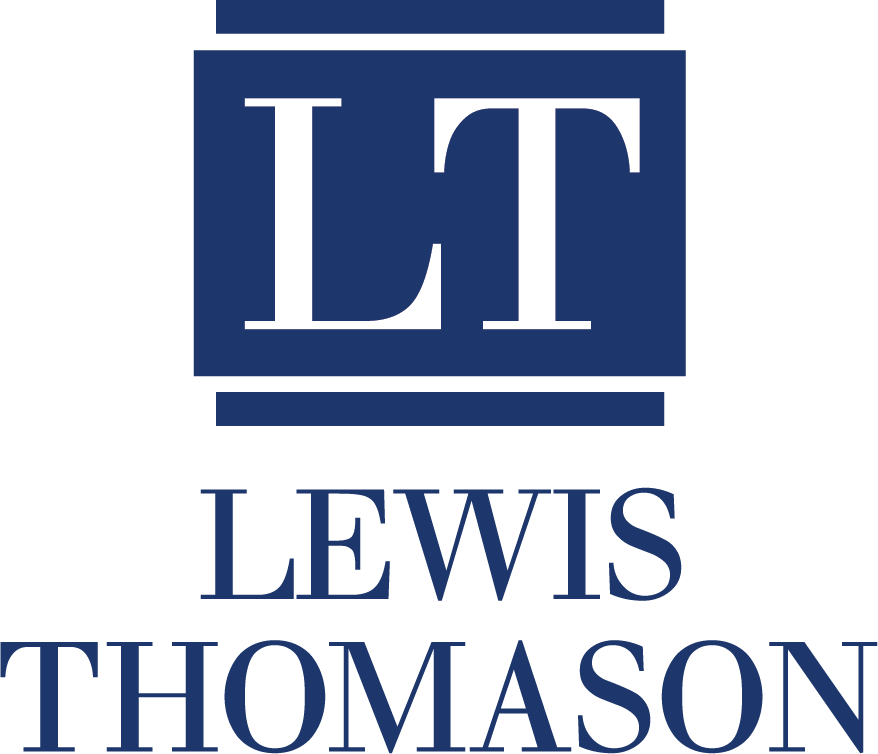As this is a fast moving topic, please note that this article is current as of 11/12/20. For contact information, please click here.
Kati Sanford Goodner and Michael Goode
With the covered period timeline for some of the early PPP Loan recipients beginning to expire, many have already started the work of preparing the Loan Forgiveness Applications, which can vary depending on the amount of the PPP Loan received. New questions and issues continue to arise as this stimulus package plays out, including the need to make strategic decisions on a variety of issues:
- When to apply for forgiveness
- How to allocate the loan proceeds among qualified expenses
- Tax considerations; and – importantly –
- How to treat PPP Loan proceeds and obligations in the event of a change in ownership of the original applicant, whether through a sale or merger
Many questioned whether merger and acquisition transactions can occur while a PPP loan is still outstanding, especially since it may be a while before many companies even submit their forgiveness applications. Even then, the Small Business Administration (“SBA”) must process those applications, which will likely take a few months. On October 2, 2020, the SBA published rules that PPP borrowers (i.e., borrowers whose forgiveness application has not yet been processed by the SBA and the loan forgiven) must follow for change in control, merger, or sale of assets transactions, including the following:
- When the SBA and the lender must approve a transaction
- A separate reporting requirement that PPP borrowers must follow to report to the lender, who is then obligated to report to the SBA
- When SBA approval is not needed, including when an escrow is used. However, even when approval is not required, the lender may still have reporting requirements to the SBA regarding the new owners and the escrow account location
Before you begin your loan forgiveness application work, be sure and contact your business or tax professional to ensure that you have considered all of the potential direct and indirect effects of how and when you file.
THIS IS NOT AN ADVERTISEMENT. You have received this because you are a client or a friend of the firm. This publication has been prepared by Lewis Thomason for informational purposes only. It is not, nor is it intended to be, legal advice. Readers should not take action upon this information without first consulting an attorney for advice regarding your individual situation. While we welcome your calls, letters, e-mails and use of this publication, contacting us does not create an attorney-client relationship. Please do not send confidential information to us until such time as an attorney-client relationship has been established. Any unsolicited request or information received by Lewis Thomason will not be regarded as confidential.



